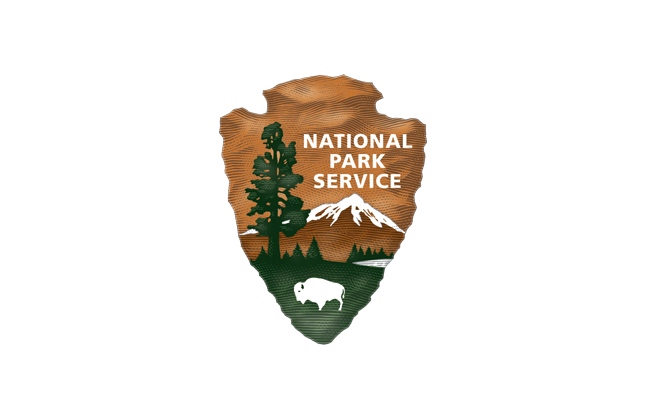Have you ever jumped in line to learn a simple hula? Woven a flower lei with the helpful advice of a cultural practitioner? Have you sampled the unfamiliar foods of a completely different culture? Tried your hand at throwing a handmade fishing net, carving a simple gourd, stamping your own creative designs on textiles? Have you attended a Hawaiian cultural festival at our partner national parks in Hawaiʻi?
The worldwide pandemic of 2020 paused the yearly cultural festivals we have traditionally supported at our park partners, although some national parks did create online content. 2021 remained an uncertain year in all respects, but 2022 may well see the return of these beloved community events hosted on national park grounds.
Thousands of people attended these cultural events, and hundreds of volunteers willingly give their time for the perpetuation of the Hawaiian culture. They are unparalleled opportunities to experience Hawaiian dance, food, music, values, and meanings.
The Kīlauea Cultural Festival at Hawai‘i Volcanoes National Park welcomes thousands of visitors and participants over two days in May. The location shifts in alternate years from the famous summit of Kīlauea to the sprawling volanic setting of the Kahuku Unit. Area musicians, hula performers, lei makers, and artists of every medium can be found on the grounds demonstrating their specialties, and the opportunities to engage and experience something new are generous. If you plan to attend, bring an umbrella for the sun or the rain in this stunning World Heritage Site and Biosphere Reserve.
Dive deep into volcano and hula myth, here: https://shop.hawaiipacificparks.org/products/epic-tales-of-hiiaka
At Pu‘uhonua o Hōnaunau National Historical Park, hula performances on the white sands of the Royal Grounds, under the bright green fronds of towering coconut palms and near the sparkling ocean with its cooling breezes, are a hard act to follow—but dozens of pandanus weavers, fishing demonstrators, lei artists, Hawaiian food booths and more do their best to try. The grounds are almost beautiful enough to distract from the events that unfold over the two days of the festival in late June...but not quite. Bring your bottle of water and your enthusiasm.
Read up on the ancient sites of Hawaiʻi, including this park site, here: https://shop.hawaiipacificparks.org/collections/puuhonua-o-honaunau/products/ancient-sites-hawaii
The two days of the Pu‘ukoholā Heiau National Historic Site cultural festival in August are unlike any other. The festival opens with ancient chant, powerful hula, and ages-old ceremonial reenactments on and around the massive war heiau (temple) for which the site is named. The Hawaiian “local” term for goosebumps is “chickenskin”, and there is plenty of that going around as the sun rises on opening morning on a scene that could be lifted straight out of the late 1700s in this, the place considered to be the birthplace of the Hawaiian kingdom. Once the ceremonies have concluded, spend some time talking to the reenactors, take a canoe ride on famous Pelekane Bay, try your hand at making a water gourd or weaving a bracelet from pandanus, or listen to local musicians.
To learn more about Kamehameha I, who built the heiau and founded the kingdom, start here: https://shop.hawaiipacificparks.org/collections/puuokohola-heiau/products/kamehameha-the-great
Something special happens at Kaloko-Honokōhau National Historical Park every November when the two-day annual cultural festival welcomes about 500 4th grade students to the park with the help of over 50 event volunteers. This cultural festival is different in its focus on students only, although the public is welcome to observe the rituals welcoming in the Makahiki season that open this festival on the beach. The Makahiki was a seasonal period in pre-contact Hawaiʻi during which the emphasis was on celebration and games, with the royal Hawaiian court often travelling through the various island districts in order to celebrate the season with the makaʻainana, the people of the land. This festival features traditional Hawaiian games of skill and strategy, learning stations that range from canoe building to native species education, and Hawaiian arts and crafts.
Some of the ceremonies and lifeways of pre-contact Hawaiʻi are explained beautifully here: https://shop.hawaiipacificparks.org/collections/kaloko-honokohau/products/ancient-hawaii



